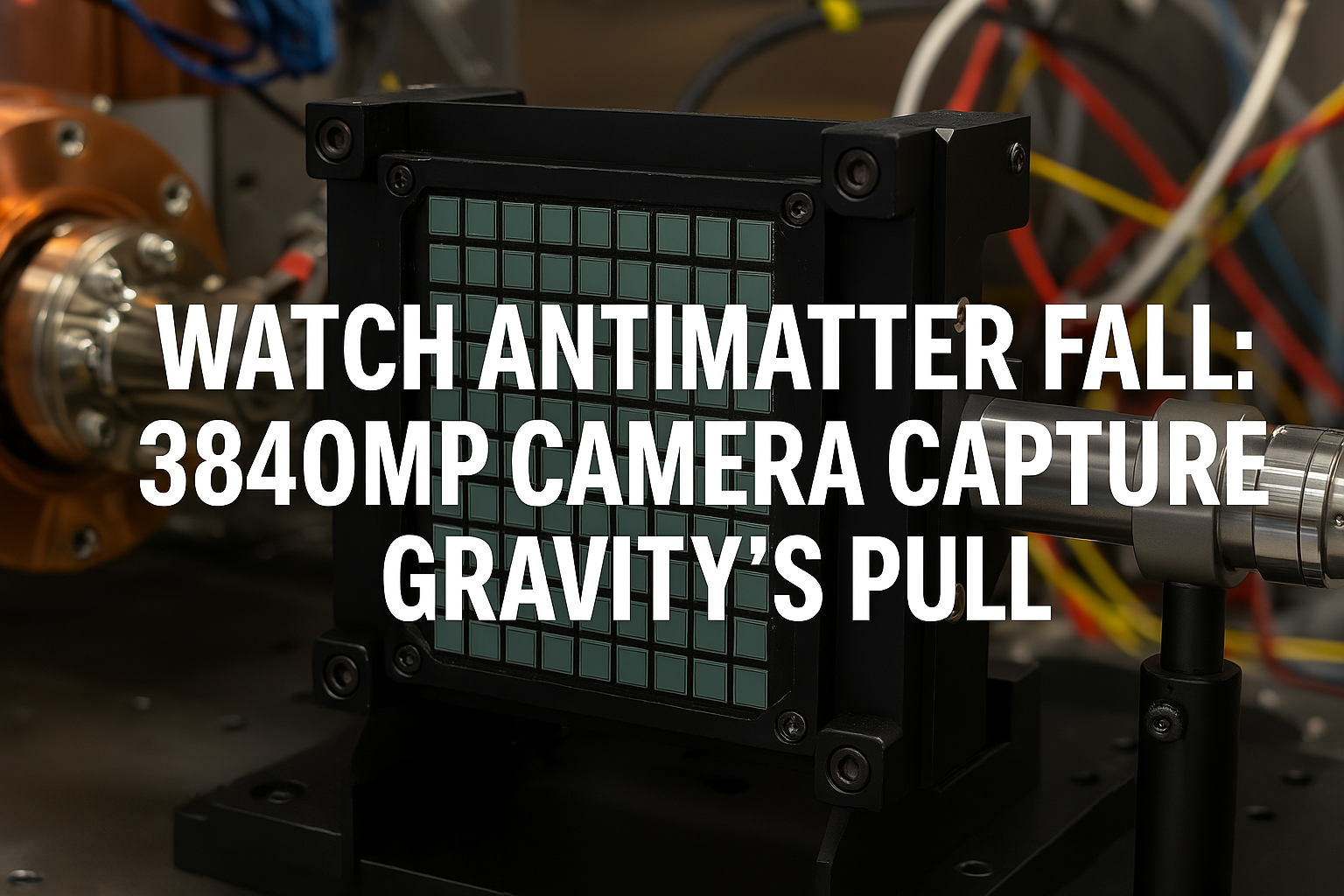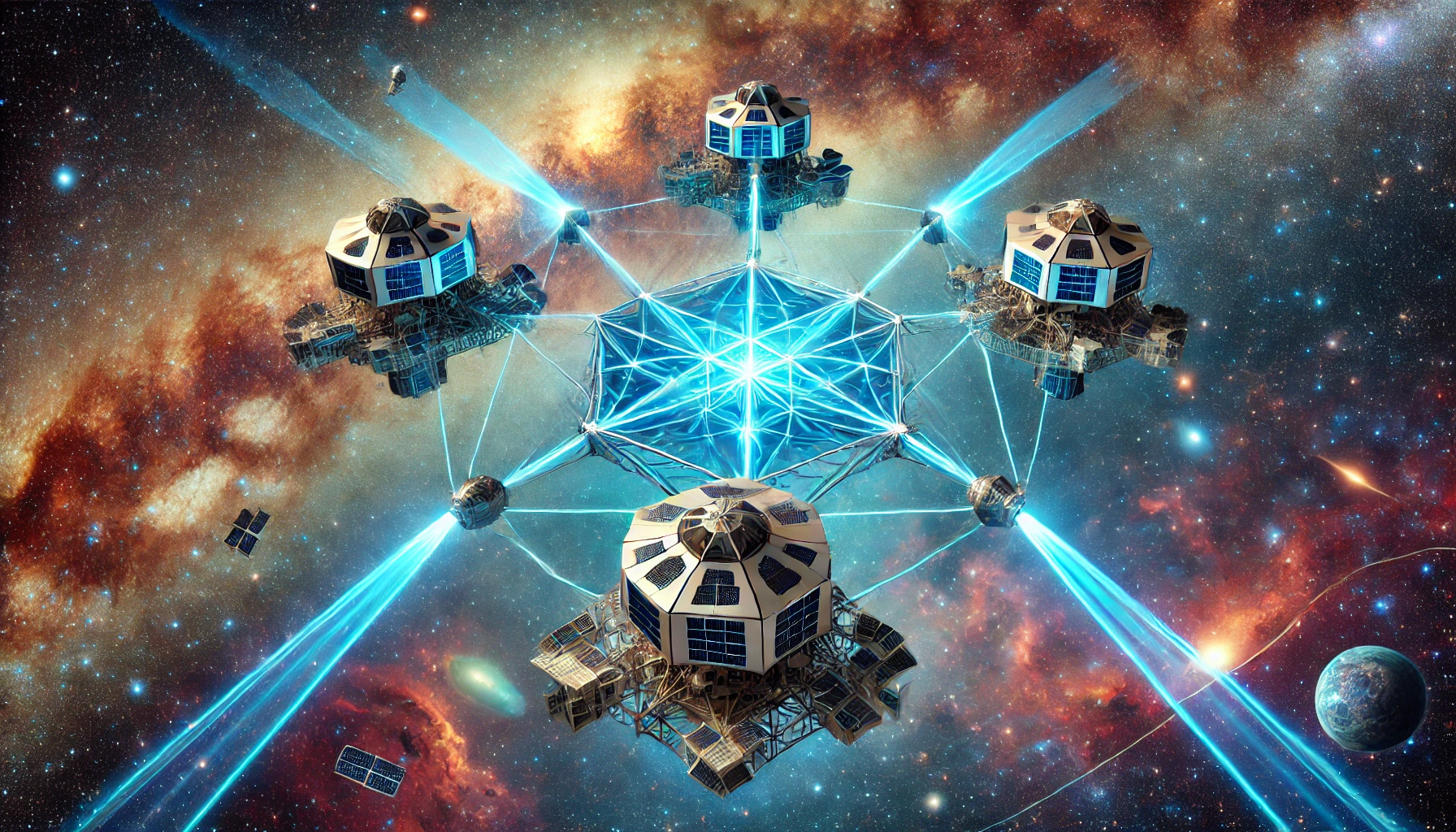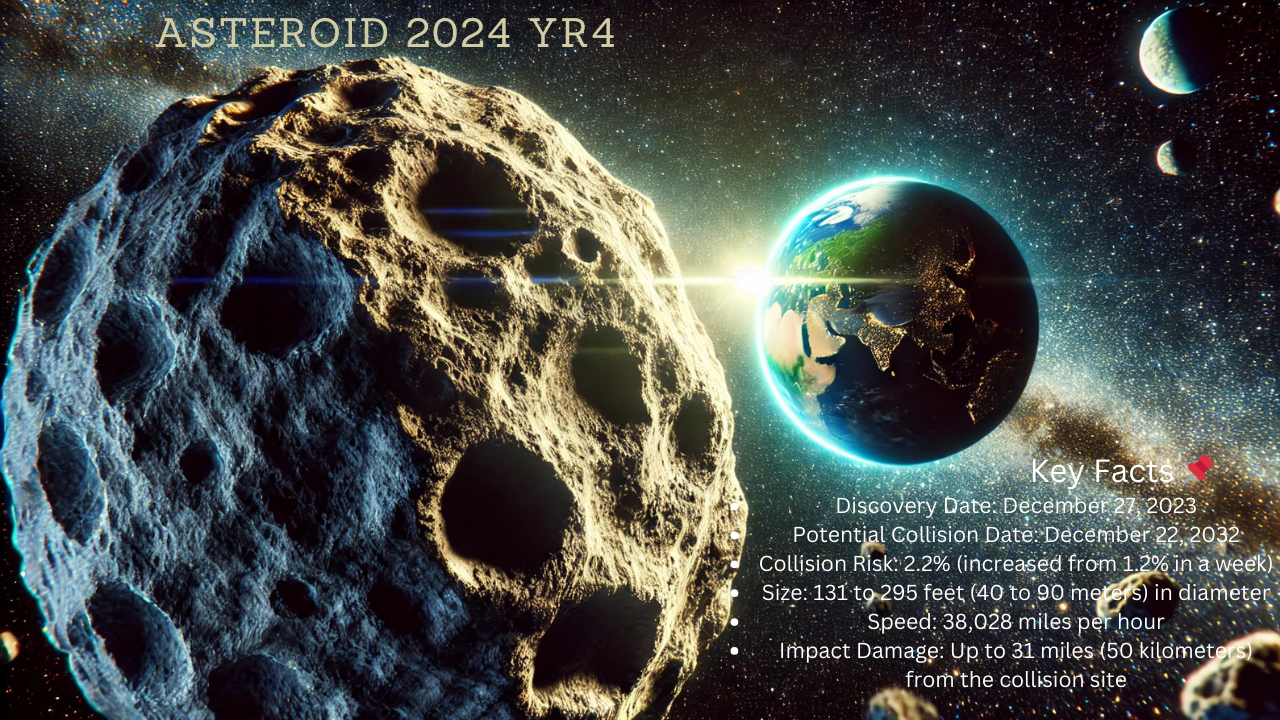Scientists Capture Antimatter Falling with a 3840MP Camera, Paving the Way for Groundbreaking Research
In a stunning advancement, CERN scientists have developed a 3840-megapixel imaging system using modified mobile phone camera sensors to capture how antimatter behaves under gravity. This breakthrough could transform our understanding of the fundamental forces governing the universe. What is Antimatter? Imagine every fundamental particle that makes up the normal stuff around us – electrons, … Read more






